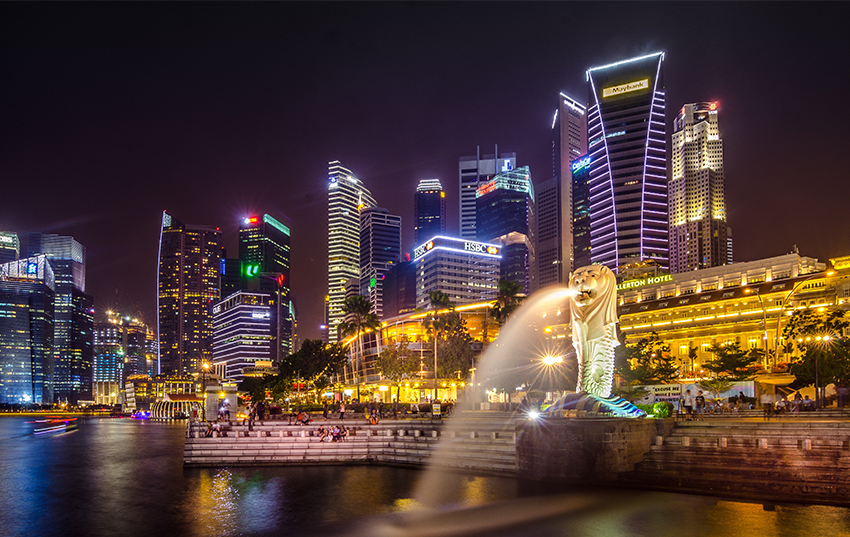
Smart cities are municipalities that integrate IoT technology into their infrastructure. Let’s explore why smart cities are the natural next step in modern urbanization, what’s making change difficult, and who is paving the way.
The Key to Urbanization
With over a billion people expected to ditch the countryside for the city over the coming decades, cities will need to deal with increasing congestion, dilapidated infrastructure, heightened security risks, and huge energy costs. All these problems are already quite severe, but will only worsen if cities do not implement smart city solutions.
That’s exactly why the concept of smart cities is so important—it is the best shot municipalities have of accommodating population surges.
As the theory goes, by combining IT with internet-connected transportation networks, waste systems, and smart grids, cities will be able to operate more efficiently.
Here is just a taste of what cities are hoping smart technology will bring:
- Intelligent mobility to reduce traffic congestion
- Smart infrastructure to make roads and bridges more resilient and to offer warning signals when maintenance is needed
- Smart cameras and surveillance to mitigate security risks
- Smart waste systems to collect and repurpose trash efficiently
- Smart electricity, gas, and water meters to cut energy waste
Hurdles to Smart City Adoption
As cities try to roll out smart city initiatives, they are likely to run into several hurdles to adoption.
The biggest hurdle will be lack of funding. Smart city projects are very expensive. Even when a smart city scheme is likely to yield long-run benefits, city councils—almost always more concerned with two-year than twenty-year time horizons—may be hesitant to approve funding.
Additionally, it is not always clear how to calculate smart city ROIs. Without concrete figures, smart city projects will have a hard time getting off the ground. It is thus critical that business offers concrete numbers for any proposed smart city pitches to a government body.
Finally, many consumers still have no idea what a smart city is—a phenomenon which is also likely to be a barrier to adoption, at least in the short run. A survey conducted in Britain found that 68% of citizens either knew nothing about smart cities or were unaware of their potential benefits.
Singapore: the Smart City Role Model
Why is it that most experts consider Singapore to be the unquestioned leader in smart cities?
For one thing, Singapore has made smart cities a priority. Back in 2014, the country committed to a Smart Nation Initiative and established a Smart Nation Minister, the first country to do so.
Secondly, they have demonstrated a willingness to spend. They recently committed to spending $1bn on smart cities in 2019.
Thirdly, and perhaps most importantly, the structure of Singapore’s government is conducive to executing on a grand plan like the Smart Nation Initiative. The government is extremely stable, a result of the job Lee Kuan Yew did as prime minister. Yew served as PM for three decades, from 1959-1990, transforming Singapore from a third-world to a first-world country during his tenure. Tony Blair called Yew “the smartest leader I ever met.” Charlie Munger called him “the greatest nation builder, probably that ever lived in the history of the world.”
Henry Kissinger described Yew’s vision to be “of a state that would not simply survive, but prevail by excelling. Superior intelligence, discipline, and ingenuity would substitute for resources.” That is exactly what has occurred. Singapore has emerged as a global financial powerhouse because its political power was concentrated in one extraordinary person.
I should add a caveat, which is that this political strategy (of concentrating power in one person) more often works terribly than it does well; however, in the case of Singapore, the country has enjoyed one of the most prosperous periods of growth in the history of the world.
We can expect Singapore to lead the way in smart cities for many years to come. Other nations can learn from their success, and follow in Singapore’s footsteps when implementing smart city strategies of their own.
Want insights on IoT trends delivered to your inbox? Join the 451 Alliance.


One Reply to “Smart Cities: the Next Step in Modern Urbanization”
Comments are closed.